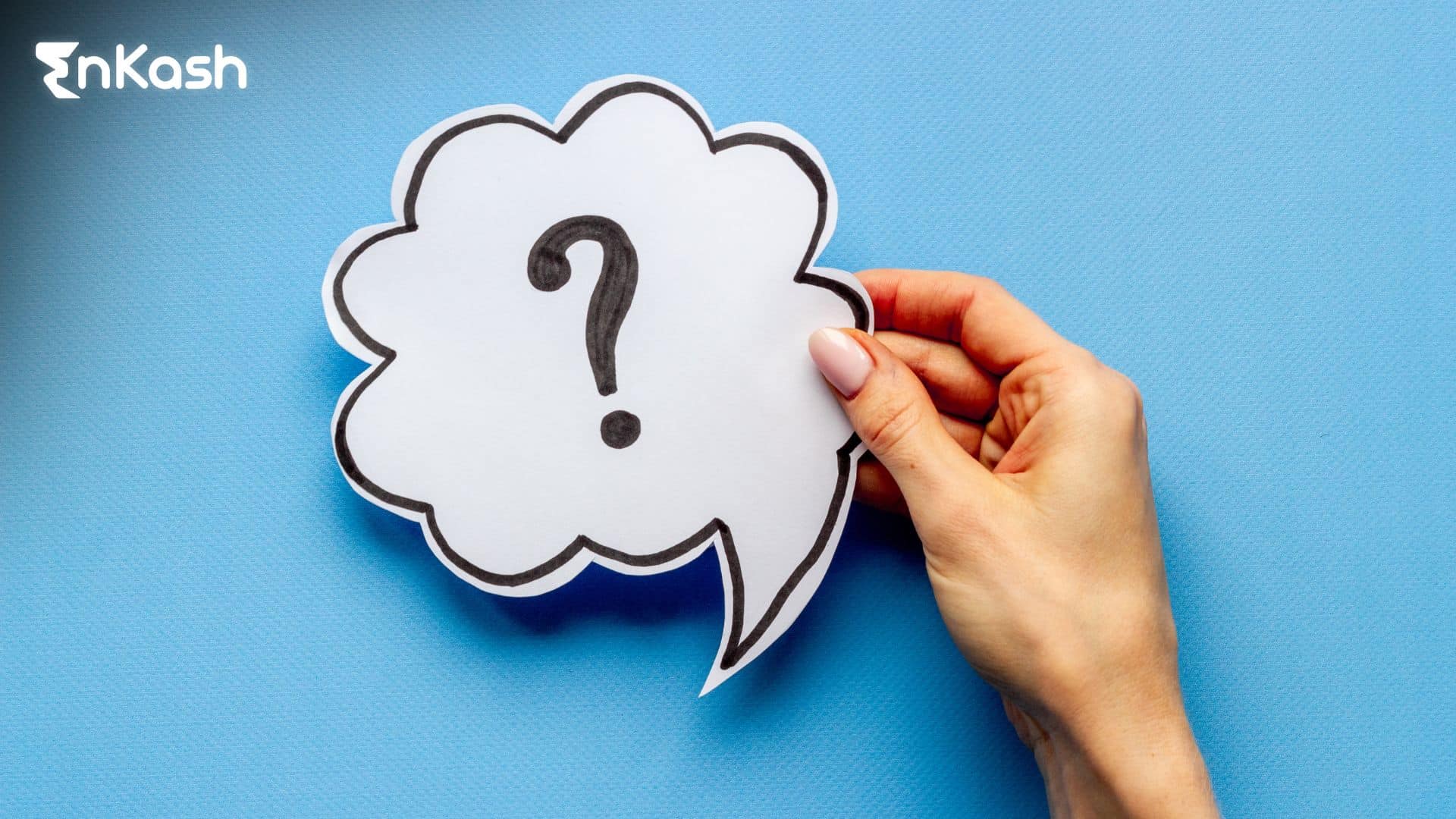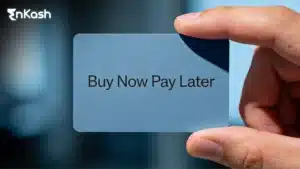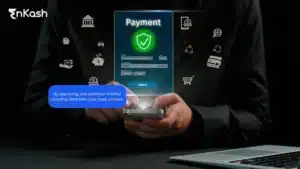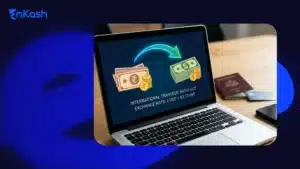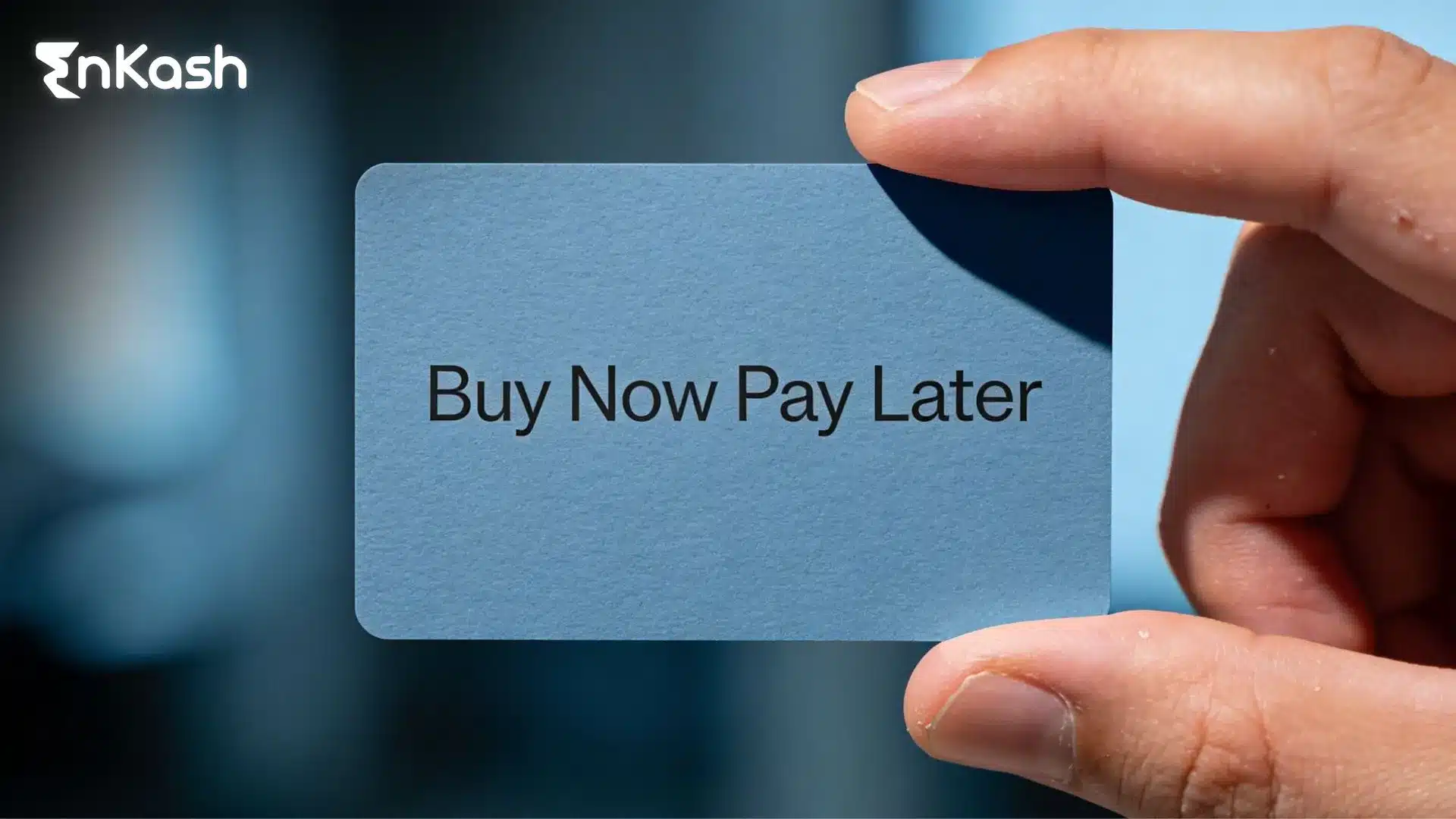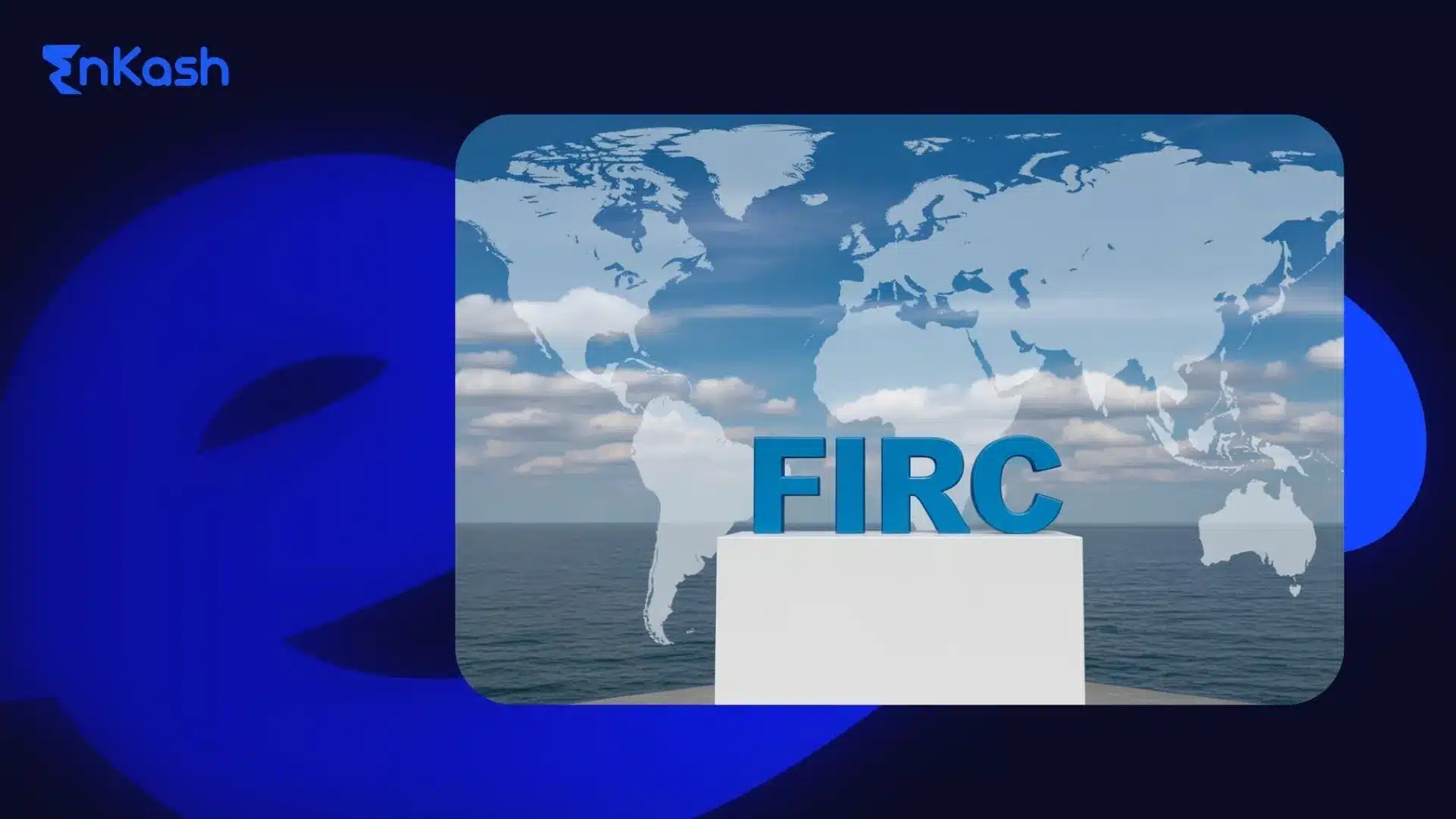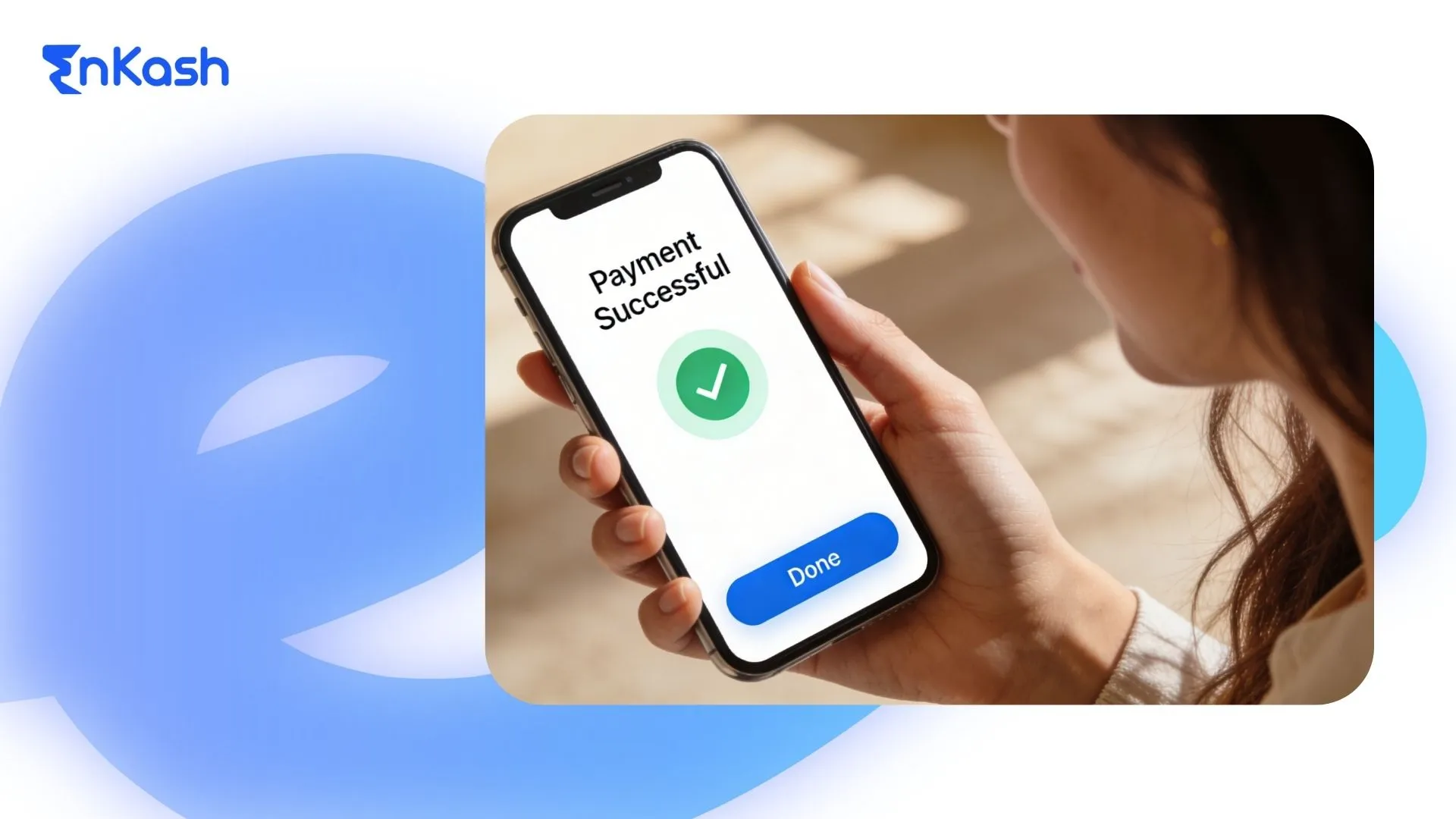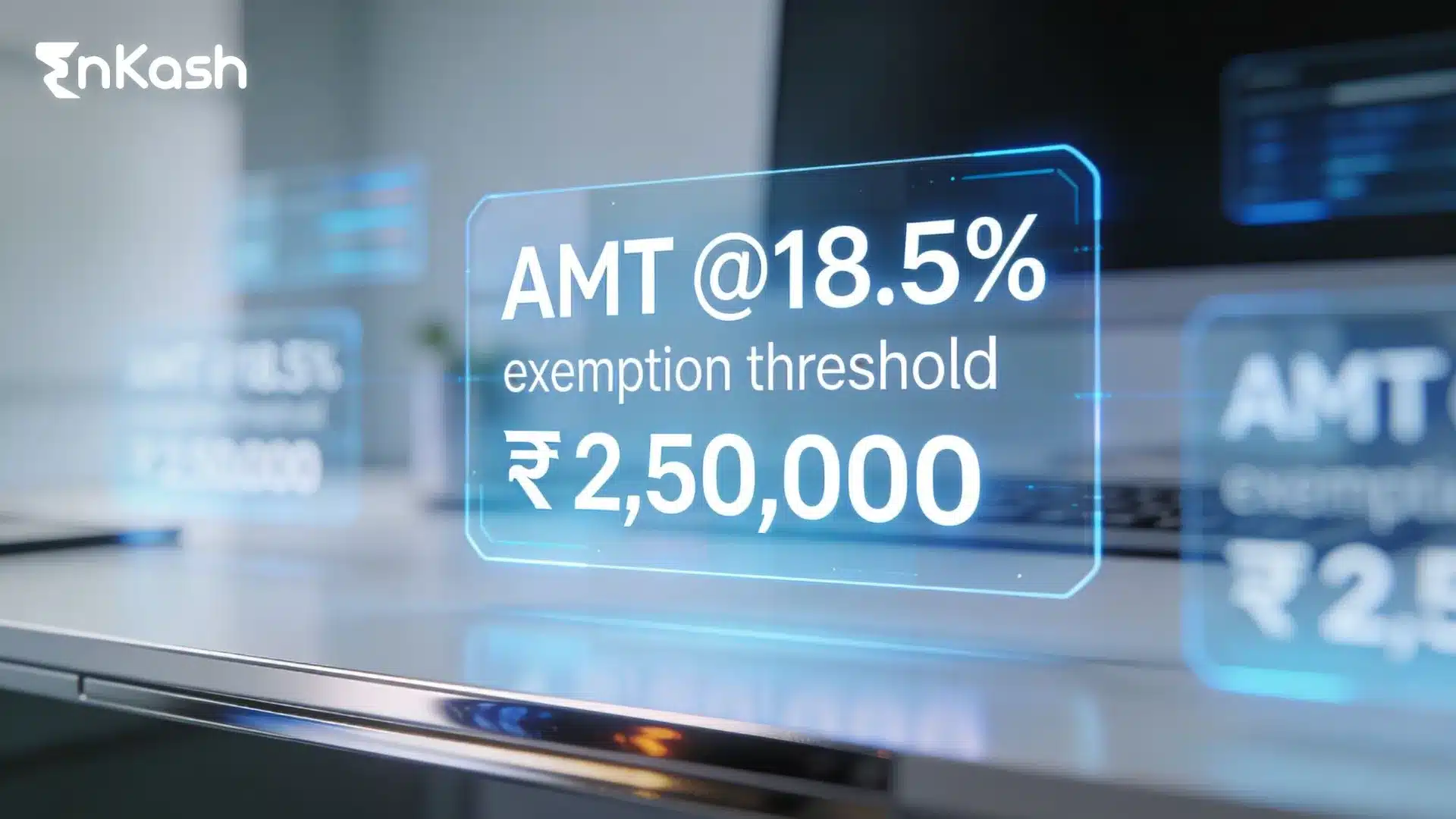Introduction
Payment gateways are integral to having secure and smooth online transactions. Whether you are procuring a product or running an e-commerce business site, the payment gateway bridges your bank and the seller. It encrypts sensitive details such as card numbers and transfers funds securely from the buyer to the seller. Essentially, it supports multiple payment modes- credit cards, wallets, UPI, etc. The knowledge of how the payment gateway works will help both consumers and merchants in making wiser and secure financial decisions online. It serves as the backbone for e-commerce and enables swift, secure, and reliable transactions across websites and applications. In this blog, we will answer a few commonly asked questions related to Payment Gateways.
1. What is a payment gateway?
A payment gateway is technology that securely processes online payments between the consumer and the merchant. It is a link between the web/app and the financial institutions involved in the transactions. When a customer enters payment details, the gateway encrypts and conveys such information to the bank for approval. Once the bank verifies and confirms the transaction, the gateway communicates the result based on that to complete the payment process in a matter of seconds.
2. How does a payment gateway function?
The payment gateway functions by safely transmitting payment information from the customer to the bank. For example, the customer enters their card or UPI details on the website/app. The gateway would encrypt such information and send it to either the payment processor or the bank. The bank would authenticate the data for correctness, check for sufficient balance, and either approve or decline the transaction. Then, depending on the situation, a positive or negative response is sent back to the merchant and the customer for finalization.
3. Which is the best payment gateway?
The best payment gateway depends on the size of the business, the target market, and payment preferences. Popularly active in India are the likes of Paytm, CCAvenue, Cashfree, and EnKash. Each has strengths—EnKash is known for its developer-friendly integration, whereas Paytm has the widest UPI support. Transaction fees, customer support, payment options, security, and settlement time are the key features worth comparing. Go for what would suit your business best and give your users a smooth experience.
4. What are the four types of payment gateways?
There are rather four sorts of payment gateways used in online transactions. The hosted gateways redirect the customer to a third-party page (e.g., EnKash) for payment. In the case of self-hosted gateways, the merchants collect the payment details on their site and then submit them to the payment gateway for processing (e.g., Stripe). API or non-hosted gateways integrate directly using APIs and provide total control (like Razorpay). Many regional businesses prefer to go this route: local bank integrations connect a website with the bank system for payment processing.
Read more: Types of Payment Gateways..
5. Is UPI a payment gateway?
No, UPI (Unified Payments Interface) is not a gateway. It is a real-time money transfer mechanism developed by the NPCI (National Payments Corporation of India) to instantly transfer money between bank accounts. While the UPI handles the transaction mechanism, payment gateways like EnKash, Paytm carry out UPI payments as one of many supported methods. Thus, UPI is a payment mode and not a gateway, but often the two work hand in hand in the digital payment ecosystem.
6. Which are considered the biggest payment gateways?
Some of the biggest global payment gateways include PayPal, Stripe, Square, Amazon Pay, and Authorize.Net, well known for their ability to provide secure and scalable payment solutions across geographies. Indian ones, meanwhile, include EnKash, Razorpay, Paytm Payment Gateway, CCAvenue, Cashfree, and PayU. These providers are well accepted for processing large transaction volumes, having multiple payment options, and speedy settlement.
7. Is Google Pay a payment gateway?
No, it is not a payment gateway. Google Pay is a mobile application enabling you to send money or make a payment through UPI or any card network, maybe Visa or Mastercard. However, the application for sending and receiving money and accepting payments from merchants is not a payment gateway performing any backend processing activity. The usual payment gateways do support Google Pay as a payment option, allowing the customer to choose Google Pay while checking out through gateways such as EnKash, Razorpay or PayU.
8. Who requires a payment gateway?
Anyone or any business that accepts payments online and wants to ensure security will require a payment gateway. These may include e-commerce websites, subscription services, freelancers charging services, online learning platforms, NGOs requiring donations, or mobile app developers. It ensures that the money securely goes from a customer’s bank to the merchant’s account in a smooth manner, via credit card, UPI, wallet, or net banking, hence accounts as one vital tool of digital payment.
9. What does UPI stand for?
UPI means Unified Payments Interface. UPI is an inter-bank transfer mechanism working at a real-time speed through mobile devices.
10. Is EWAY a payment gateway?
Yes, eWAY is a payment gateway that provides secure online payment solutions, primarily used in Australia and New Zealand. Payments are done through the secure transaction gateway provided therein. Primarily, Australia and New Zealand are served. eWay empowers businesses to accept credit card payments on their website and integrates with every major e-commerce platform. Typical services include fraud protection, real-time reporting of transactions, and great integration, making seamless experiences for merchants in those countries. Being widely used supports payment options, while customer service levels are accepted as the best, alongside compliance standards.
11. Which is the best payment gateway in India?
Much depends upon your various needs before deciding on a payment gateway considered the best in India. EnKash is generally considered the gateway of choice for start-ups, due to its easy integration and feature richness. CCAvenue can handle multiple languages and currencies. Cashfree, meanwhile, offers quick settlements and top APIs. Paytm for Business is another mobile option, and Instamojo is favorable for freelancers and small businesses. Each varies by transaction fees, support, and available features, so the right one will be based on the nature and scale of your business.
12. How to create a payment gateway?
With all their sophistication, even payment gateways do not concoct themselves: setting up merchant accounts, negotiating with the payment processors, and creating transactional environments all under the PCI DSS security standards, permissions for regulations, building in anti-fraud features, encryption, and features for customer authentication. Such a huge technical, financial, and legal investment that smaller and medium companies must take recourse in partnering with those already present in the payment gateways.
13. What differentiates a payment gateway and a payment processor?
The payment gateway captures the payment details and securely receives them from the customer side and sends them to the processor. The processor carries the money from the customer’s bank to the merchant’s bank. Thus, the gateway acts as a front-end interface and security layer while the processor is the back-end service that verifies and transfers funds between accounts.
14. Are payment gateways safe?
They were designed to provide safety to the entire online payment system. They are implemented with SSL encryption, conforming to PCI DSS standards, and provide several other anti-fraud tools to secure payment data. Most gateways will also add tokenization and multi-factor authentication to add more layers of security. While no system is 100% foolproof, reputable payment gateways invest heavily in keeping transactions and user data secure from fraud and cyberattacks.
15. What are payment gateway charges or fees?
Payment gateways usually charge a combination of fees. These may include a one-time setup fee, transaction fees (usually 1.5 to 3% per transaction), and sometimes an annual maintenance fee. Providers sometimes charge refund and chargeback fees. However, fee structures will vary depending on the volume of transactions, industry, and country. Therefore, one must compare different providers and understand their pricing models before integrating any gateway into a business.
16. How long does it take for the money to reach the merchant’s account through a payment gateway?
Generally, settlement times at payment gateways vary between 1 and 3 business days. However, these can be subject to certain exceptions, based on the policies of the gateway, the bank involved, and the actual type of transaction. Some payment gateways do offer instant or same-day settlements if you pay for that feature. New accounts can wonder sometimes when an account verification check is ongoing. Due diligence should be given to the settlement policy of the provider even before integration of the payment gateway into one’s system.
17. Does my website have the ability to accommodate multiple payment gateways?
Yes, this is a common practice for businesses to integrate more than one payment gateway. It gives customers an option to choose their payment method; secondly, it improves reliability in case one of the payment gateways fail; another reason that can be thought of is reducing the cost of transactions by routing payments through the more cost-effective gateway; lastly, it gives businesses the ability to accept international payments easier by providing different regional payment options.
18. Do I need a website to use a payment gateway?
No, having a website is not compulsory for every payment gateway. Platforms like EnKash, Razorpay, Instamojo, and PayU provide payment links or QR codes whereby payments can be collected via email, SMS, or social media. This is useful for freelancers, small-scale businesses, or those selling on WhatsApp or Instagram. Having a website, however, is beneficial for credibility and scalability in the long run.
19. Does the Payment Gateway Support the EMI Option?
Yes, EMI options are offered by most gateways for credit cards, and some debit cards, including those through EnKash, Razorpay, Paytm, and CCAvenue, giving the customers the facility to choose payment options spread over months. Many payment gateways also offer Buy Now Pay Later (BNPL) options. Businesses opt for EMI at the time of integration, and most of the time, it increases sales of high-ticket products by making the purchase easier to pay for customers.
20. What documents are required to get a payment gateway in India?
Typically, that’s what is required for applying for a payment gateway in India:
- PAN card (personal or business)
- Bank account details
- Business registration certificate (or Udyam/Udyog Aadhaar)
- Address proof
- Canceled cheque
- KYC documents (Aadhaar, passport, or driver’s license)
- GST number (optional, but preferable)
This set of documents is required to verify your identity or your business before the approval is granted.
21. What legal regulations apply to the usage of payment gateways in India?
Payment gateways are regulated by the Reserve Bank of India (RBI) and must comply with the Payment Aggregator and Payment Gateway Guidelines. Businesses using payment gateways need to be compliant with KYC norms, data privacy regulations, and improve card transaction details against the PCI DSS standards. Other payments (for example, those for high-risk businesses) may undergo greater auditing checks. The payment gateway is also under an obligation to comply with anti-money laundering (AML) and Know Your Customer (KYC) guidelines.
22. Do I have to register under GST to use a payment gateway?
The use of a payment gateway does not generally require GST registration if your turnover is below the given thresholds. The registered business ought to apply for GST, and selling goods/services across states is also advisable to apply. Having a GST Number allows you to claim input tax credit, generate invoices, and gives added credibility to your customers and the gateway provider. During the onboarding stage, certain gateways may request GST details.
23. What happens with disputes or chargebacks handled by payment gateways?
After a merchant is disputed for a charge or a chargeback case, the parties responsible for dispute resolution phase is initiated. The merchant is informed and is required to provide evidence such as invoices, bills of delivery, communication history, etc. Depending on the merits of the evidence. The bank that trusts either returns the money to the customer or the merchant. Most gateways have a dedicated dashboard to manage disputes and offer support during the process.
24. Which payment gateway offers the fastest settlement?
EnKash, Cashfree, PayU and Razorpay are known for offering fast settlements in India. Additional charges apply with CashFree for same-day or instant settlement options. By default, Razorpay provides T+1 settlements (funds reach your bank account by the next business day). Other factors affecting settlement speed may include the type of your business, category of risk, and bank processing times. So, always check the settlement policy before making a final decision on a gateway.
25. Which payment gateway is tailor-made for high-risk businesses?
The high-risk businesses operating in areas such as adult content, gaming, forex, and health supplements are rarely welcomed by traditional payment gateways. However, gateways like EnKash, Instamojo, Authorize.Net, CCBill, Stripe, and Payoneer might be willing to work with such businesses under special compliance arrangements. These gateways typically have higher transaction fees and rigorous KYC and risk evaluation processes. Always be upfront about your business model; failure to do so could mean account suspension in the future.
26. Should I opt for a local or an international payment gateway for my business?
This depends on your business objectives. If Indian consumers are your primary target, local gateways will offer better support for UPI, local cards, and quick settlement. For international transactions, international gateways like Stripe, PayPal, and 2Checkout will give you multi-currency support and a global compliance umbrella. Some businesses do choose both, leaving their options open.
27. Who can use a payment gateway?
A payment gateway can be used by freelancers anywhere to receive payment for services, in India and abroad. Painful onboarding for individual or sole proprietors is provided by platforms like EnKash, KYC documents, PAN, and bank account details are some of the prerequisites. Freelancers can generate payment links, send invoices, and facilitate subscription or recurring billing through these gateways. These gateways help collect payments for domestic or international clients professionally and securely.
28. What documents do startups apply for payment gateways?
Startups generally apply with the following documents when applying for payment gateways:
- Certificate of incorporation (Private Ltd, LLP registration, etc.)
- PAN card of the company
- GST Registration Certificate (if applicable)
- Bank account details in the name of the company
- Identity proof and address proof of directors
- KYC documents such as Aadhaar or passport
- Cancelled cheque or bank statement for verification
The above-mentioned documents help verify the business from a legal and financial point of view.
29. Can I use one payment gateway for multiple websites?
Most payment gateways do allow one to use a single account on multiple websites or apps, though you may have to provide the domains or app details in your gateway dashboard to enable this. This makes management of transactions easier and enables you to track everything in one place. But some gateways could have restrictions or issues with additional charges, so do check that out before trying to integrate with multiple websites.
30. Are there any hidden fees with payment gateways?
While most charges are openly explained, some payment gateways may have hidden or additional charges such as:
- Installation or setup fees
- Monthly maintenance fees or annual maintenance fees
- Refund processing fees
- Chargeback fees
- Currency conversion fees
- Early termination fees
Always keep in mind to go through the agreement carefully and confirm all charges with the provider to avoid any surprises later on.
31. How does a payment gateway process a refund?
Refunds start from a merchant interface or the gateway API. Once the refund request is submitted, the gateway will initiate a reversal of the transaction amount to the client’s original payment method. The refund process can take a longer or shorter time, but, on average, takes from three to seven business days. A few may also consider charging for processing a refund or deducting from another transaction fee already charged to a merchant. Both the merchant and the customer will receive notifications indicating the refund status.
32. How can I connect a payment gateway to my website or application?
Payment gateways typically offer APIs, SDKs, or plugins for seamless integration with websites or mobile applications. Developers then need to:
- Sign up with the gateway to obtain the API keys
- Add the gateway SDK or code to your platform
- Configure payment methods and set up security features like SSL
- Test your transactions in a sandbox before deployment
Also, payment gateways have plugins for the most popular CMS of their choice.
33. What is PCI DSS compliance, and why is it important?
The PCI DSS (Payment Card Industry Data Security Standard) is an all-inclusive global security code that is “essential” for any business receiving, holding, or transmitting cardholder data to “maintain secure systems and practices”. The PCI DSS intends to prevent breaches of data and fraud, and the standard includes the enforcement of security practices such as encryption, firewalls, and secure access controls. The applicable payment gateways must be PCI DSS compliant to securely process credit/debit card transactions or credit/debit card data so that customer data is protected, which, in turn, lends credibility to both merchants and buyers.
34. What kind of encryption is typically used by gateways?
Typically, the payment gateway will use SSL/TLS encryption to create a secure field of data transmissions between the customer, the merchant, and the bank. This would encrypt all sensitive information, such as card numbers, and prevent any hacker from intercepting such information. In addition, many gateways use tokenization to replace sensitive data with unique tokens and leverage this technique with end-to-end encryption to ensure that payment data is protected during the full lifecycle of the transaction.
35. Can payment gateways be used for subscription-based businesses?
Most payment gateways do accommodate subscription billing models, whereby a merchant is charged automatically by the gateway at regular intervals, be they monthly or yearly. Payment gateways like EnKash allow for recurring payments, automated invoicing, and customer management capabilities. They reduce the operational hassle of payment collection for subscription businesses, thus positively affecting retention rates by affording their customers a simple and hassle-free payment journey.
36. What happens if a payment fails?
About those payments that fail, the gateway duplicates a message back to both the customer and the merchant, usually specifying a cause such as insufficient funds, incorrect card details, or network failure. No transaction occurs; therefore, no amount is deducted from the customer. The customer may carry out a retry payment with the same card or can choose a different payment option from those available. Oftentimes, the merchant receives notifications, and they may act accordingly to resolve the issue immediately for a fully satisfactory customer experience.
37. How do payment gateways support recurring billing?
Supporting recurring billing is done by the acquisition of the customer’s payment details securely stored (with the customer’s approval) and automatically charging the customer at defined intervals, since this is what subscription-based companies require (streaming services or SaaS companies). The gateway conducts these affairs, taking over billing periods, informing consumers, retrying failed payments, and so on, leaving subscription management alone and well briefed.
38. What are some common mistakes one can make while integrating their payment gateway?
Mistakes in integration include incorrect API keys, erroneous SSL setups, wrong endpoint URLs, a missing callback URL, or a lack of encryption. Incorrect currency settings or even failure to handle error responses on time are other facets that can cause transaction failure. Testing in sandbox mode before going live shows these faults so that they can be fixed for a proper integration. While integration errors can be thwarted with certitude, equally ensure sufficient documentation rights and developer support.
39. Do gateways affect customer trust and conversion rate?
Payment gateways inspire trust in customers to ensure that their transactions are safe, quick, and smooth. Confidence is placed in those trusted gateways to lessen cart abandonment, as reputable logos enhance buyer assurance. Paying through multiple options and transparency of charges also improve the user experience. In a good way, the transaction failure rate is considerably low due to a strong payment gateway that in turn projects customer satisfaction and raises conversion revenues, hence themerchant’sn sales of the merchant.

